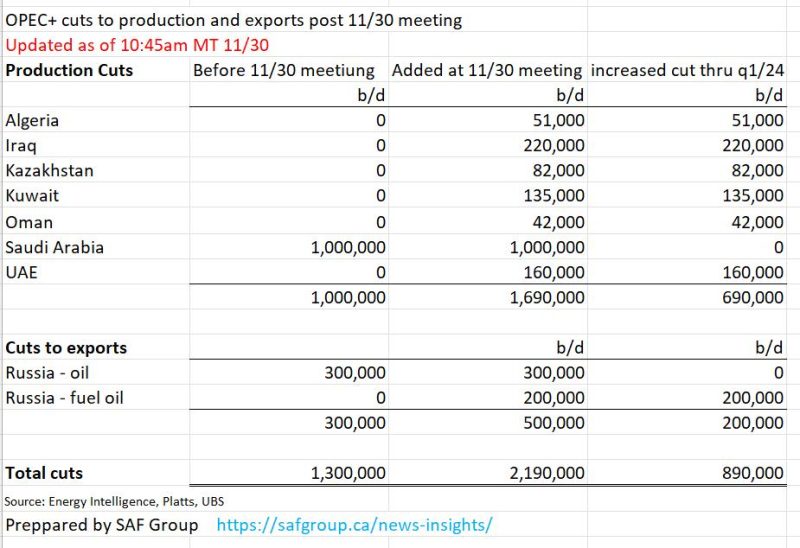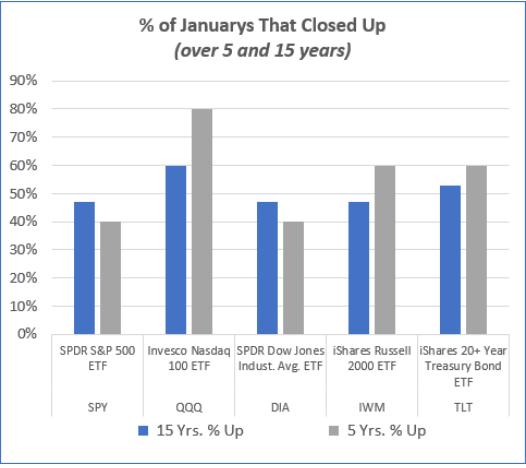The Organization of the Petroleum Exporting Countries (OPEC) has recently agreed to cut its oil production in an effort to push up the global price of oil. The agreement has been met with skepticism by many as OPEC’s ability to influence the price of oil is uncertain.
The decision by OPEC to reduce its oil output has been seen as highly significant, as the output of oil by the member countries often sets the global market price of oil. As a result, the decision to reduce production by 1.2 million barrels per day, or 5% of total production, has been seen as an important step by OPEC in influencing the prices of oil.
However, experts have warned that the decision to reduce oil production may not be enough to have a significant impact on oil prices. This is due to other factors involved in the global oil market, such as increasing competition from non-OPEC countries, as well as the fact that demand for oil is slowing due to slower economic growth in many parts of the world.
In addition, experts are skeptical about the ability of the OPEC member states to comply with the production cuts, as compliance with the agreement in the past has been poor. This means that even if the agreement is successful in influencing the price of oil, the impact may be short-lived if OPEC members are unable or unwilling to maintain the agreed upon production cuts.
In light of these factors, it appears that there is skepticism over the ability of the OPEC oil cuts to have a lasting impact on oil prices. While the decision has been made in an effort to push up prices in the short-term, long-term effects are uncertain. It remains to be seen whether OPEC will be able to make a lasting impact on the global oil market.





